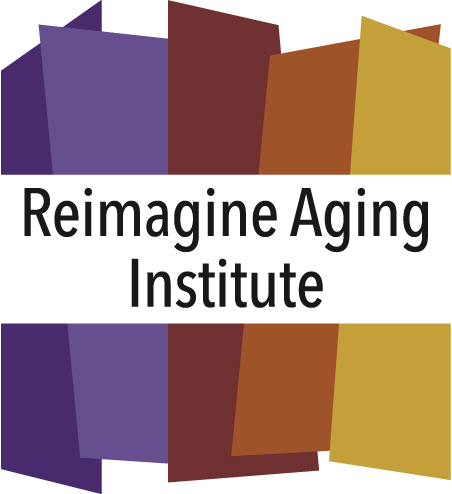Link to article in Lakeshore Weekly News
 Guest Column by Deb Taylor
Guest Column by Deb Taylor
Throughout her 106 years, Elizabeth lived an optimistic life. She’d known struggle early when her mother died in 1914, when Elizabeth was six. But she persevered and looked on the bright side, helping her father and siblings run the household. Later, when she was unable to have children of her own, she nurtured the neighborhood kids, always teasing them that her kitchen faucets dispensed milk, chocolate from one tap, white from the other.
Always with a twinkle in her eye, Elizabeth spent her final years in senior care, attributing her longevity to a positive outlook and a small glass of wine at bedtime. Ever the optimist, Elizabeth bought her wine a case at a time.
As each of us grows older, the aging process brings many changes. Sure, there are physical and cognitive challenges that manifest, but there are also wonderful opportunities to enrich lives — our own and others — to live vitally with purpose.
Since the 1970s, the field of gerontology has offered some real hope, proving that the body and mind need not fall apart like an old, rusting automobile with too many miles on it. Research has clearly demonstrated that the later years can be a golden age, a more fulfilling time to grow older, rather than just waiting to die.
Scientists now know that the brain is far more agile and adaptable than we once thought. They are finding just how renewable the human mind and body can be as we age. Elders can actually reignite their aging minds by exercising their mental skills and continuing to be active. Studies conducted by the National Institutes of Health found that creativity grows as we age. And new research suggests that strength-training can promote cognitive gains and help ward off dementia.
The presence of ageism in our society continues to diminish as attitudes and understanding about aging change. Clearly, it is time to retire outdated language, terms such as “twilight years,” “over the hill,” “out to pasture,” and so forth. In contrast to the tone of these phrases, we thankfully now see the process of aging in a more positive light.
At Senior Community Services we speak in terms of how we can reimagine aging. It’s an especially relevant conversation to have as the massive baby boom generation retires over the coming many years.
Some of the best life experiences and gifts come in the later years, and this brings benefits to the family and the larger community. Wisdom, for example, is something our elders pass along to help make all of us better. Their past can inform our lives now so listen to those great stories.
When we help aging adults rediscover their strengths, interests and goals, they can look beyond the aches and pains and focus on creating enriching and fulfilling lives. Rather than dwelling on physical deficits and worrying about problems, they can live vitally, sharing and developing talents, dreams and goals.
And when older adults do require supportive services, we’re dedicated to responding effectively, yet never losing sight of the 90 percent ability the person still enjoys. This positive approach contributes to a heightened quality of life for seniors and those who love them.
These older adults are among our community’s greatest assets. We can help them find the healthy, engaging lifestyle that’s comfortable, enjoyable and rewarding. That’s how we reimagine aging.
Deb Taylor is CEO of Senior Community Services (www.seniorcommunity.org) and its Reimagine Aging Institute, a nonprofit that advocates for older adults and helps seniors and caregivers maintain their independence through free or low-cost services.





